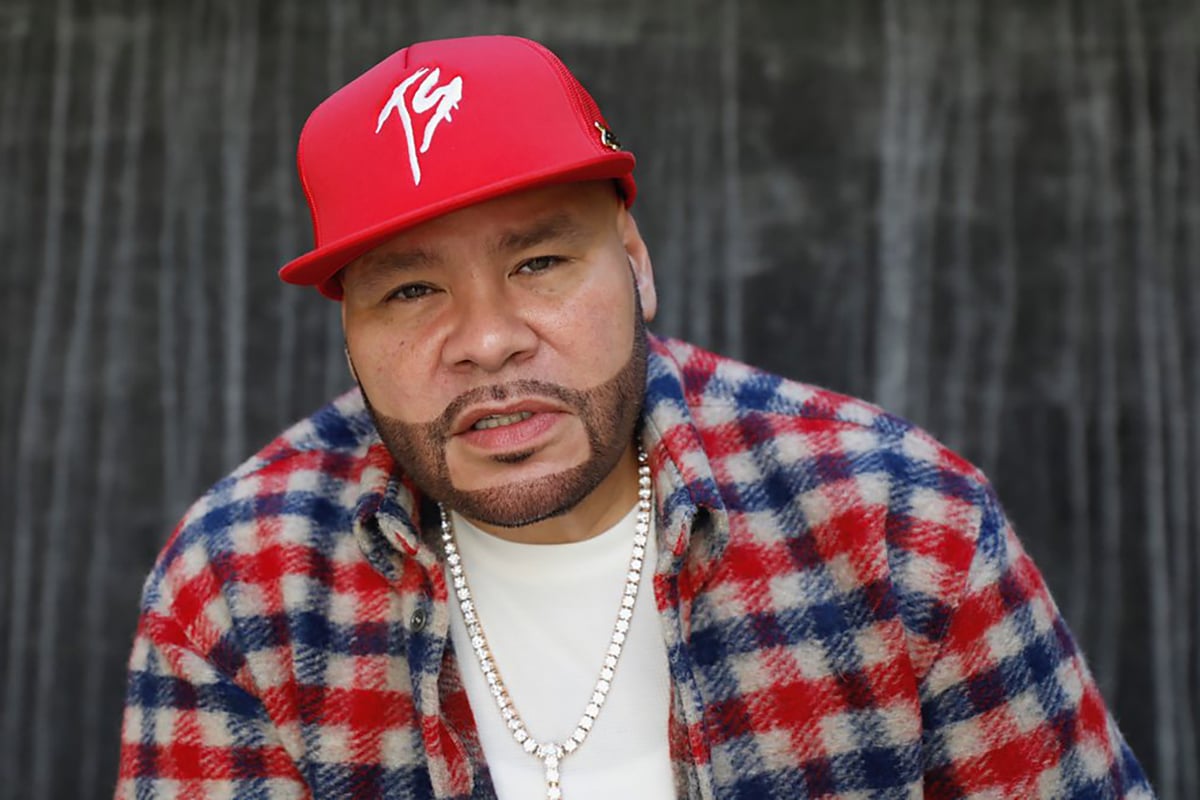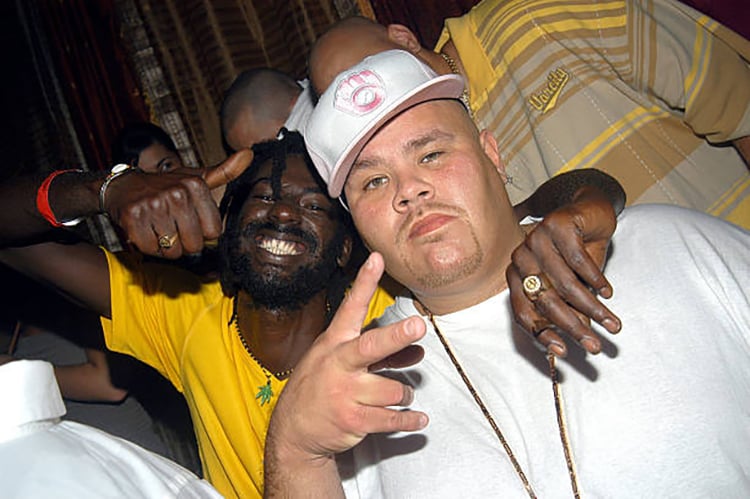Fat Joe Disturbed By Appropriation Of Dancehall: “People Stole The Style”

American rapper Fat Joe has expressed concern about the arrogation of Jamaican music and culture by non-nationals, who refuse to credit the country for the Dancehall/Reggae music they make.
The Lean Back rapper was speaking during an interview with Judith Bodley at the recent Circle Fest staged by legendary Jamaican Reggae band Inner Circle at their Circle House estate in Florida.
“You know I meet people trying to be Jamaican who aren’t Jamaican? No disrespect – you know, white people, I see them with dreadlocks all across the world trying to be Jamaican, because Jamaica, the power and the energy is a source, it is undeniable,” he began, before placing the microscope on those who were guilty of “taking and not giving back”.
“What is happening in Jamaica, unfortunately, is people stole the style. You might hear these artists and think they are Jamaican, but they are not Jamaican. My thing is, we accept you; music is a religion for everybody. It’s one whole religion, but give back or collaborate with Shaggy‘s, the Buju Banton, the Bounty Killer‘s…,” he said.
“Collaborate or show respect, because you are pulling from what Jamaica has created… Grab one of those artists and collaborate. I’ve always wanted to collaborate with other artists, especially Jamaican artists,” he added.
Fat Joe, who has collaborated with Jamaican artists such as Bounty Killer, Buju Banton, and Barrington Levy, spoke highly about his love for Jamaica and pointed out that people who come to Jamaica for the experience will “get love”, while those who visit “looking for trouble” will get trouble.

He also spoke of his long-standing friendship with Buju Banton.
“Me and Buju Banton share a bond that cannot be broken. It’s a different type of brotherhood… different type of connection we have. There is nothing that I wouldn’t do for Buju,” the rapper said.
Fat Joe’s sentiments are similar to those raised time and time again by Dancehall superstar Sean Paul, who made headlines after he called out Canadian rapper Drake and his compatriot Justin Bieber for cultural appropriation of Dancehall sounds without acknowledging the origins.
“It is a sore point when people like Drake or Bieber or other artists come and do Dancehall-orientated music but don’t credit where dancehall came from and they don’t necessarily understand it,” the Temperature artist had told The Guardian.
“A lot of people get upset and sour. I know artists back in Jamaica who don’t like Major Lazer, as they think they do the same thing Drake and Kanye did – they take and take and don’t credit,” he had also added.
In March this year, Fat Joe, who grew up in the Jamaican stronghold of Bronx, New York, told Sean Paul during an interview that if it were not for the impact of Dancehall, he would not have created his acclaimed single, Lean Back .
Upon its release in summer 2004, Lean Back topped both the US Billboard Hot 100 and Billboard Hot R&B/Hip-Hop Singles & Tracks charts and copped a Grammy nomination for Best Rap Performance by Duo or Group at the 47th annual Grammy Awards.
“I made lean back because of the Reggae movement. So when I come up with the hook, all that Signal The Plane and Rockaway everybody was doing all that and I said man I need a hook like the Reggae guys,” he told Sean Paul at the time.
In contrast, pop star Justin Bieber, who was given a prime opportunity during DJ Khaled’s First One Podcast on Amazon Music in March, to finally give due credit to Jamaica and Dancehall culture for his mega-hit Sorry, instead described the beat on which the 2015 track was laid as ‘Island Music’.
Khaled had asked Bieber whether or not he was directly inspired by Dancehall and Reggae in the making of Sorry, which has distinct Dancehall drum patterns and an accompanying music video that drew heavily on Dancehall fashion and dance moves dating back to the 1990s.
